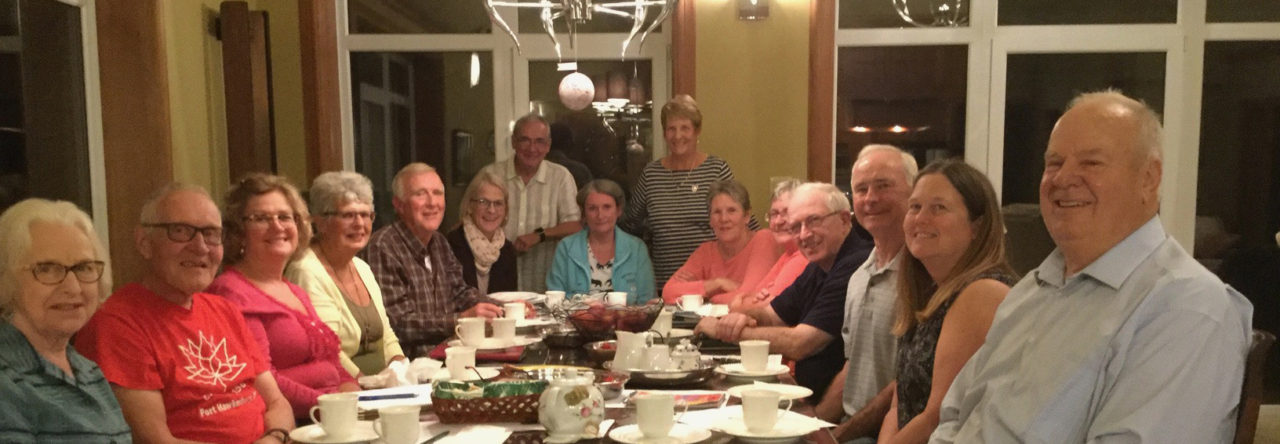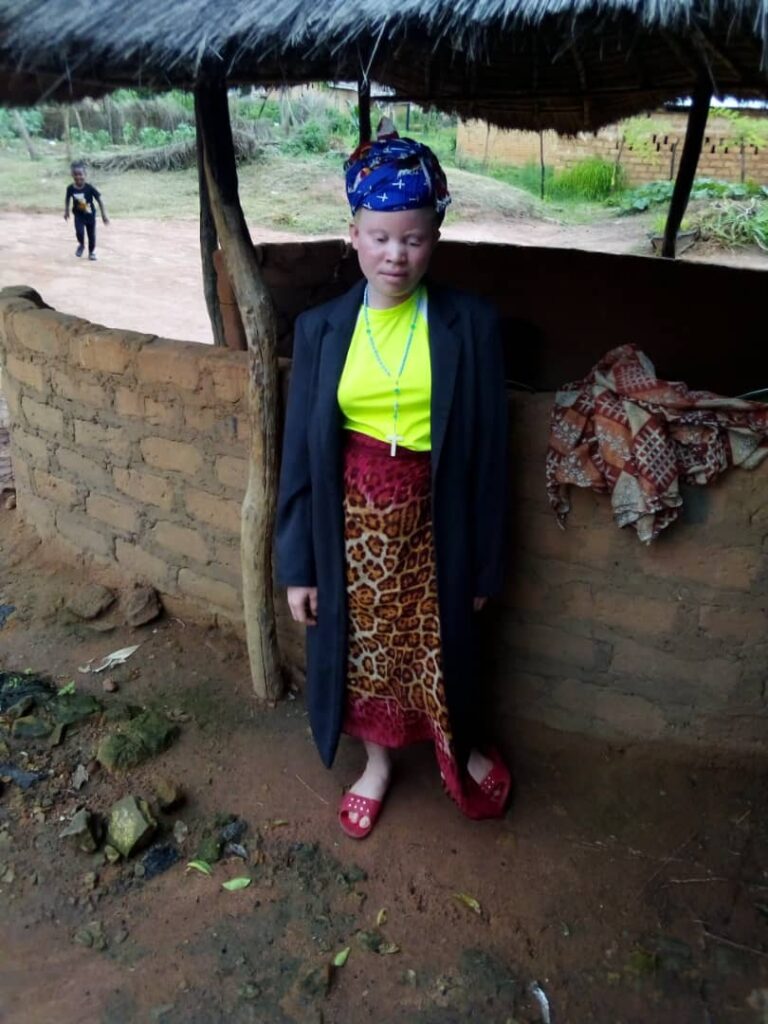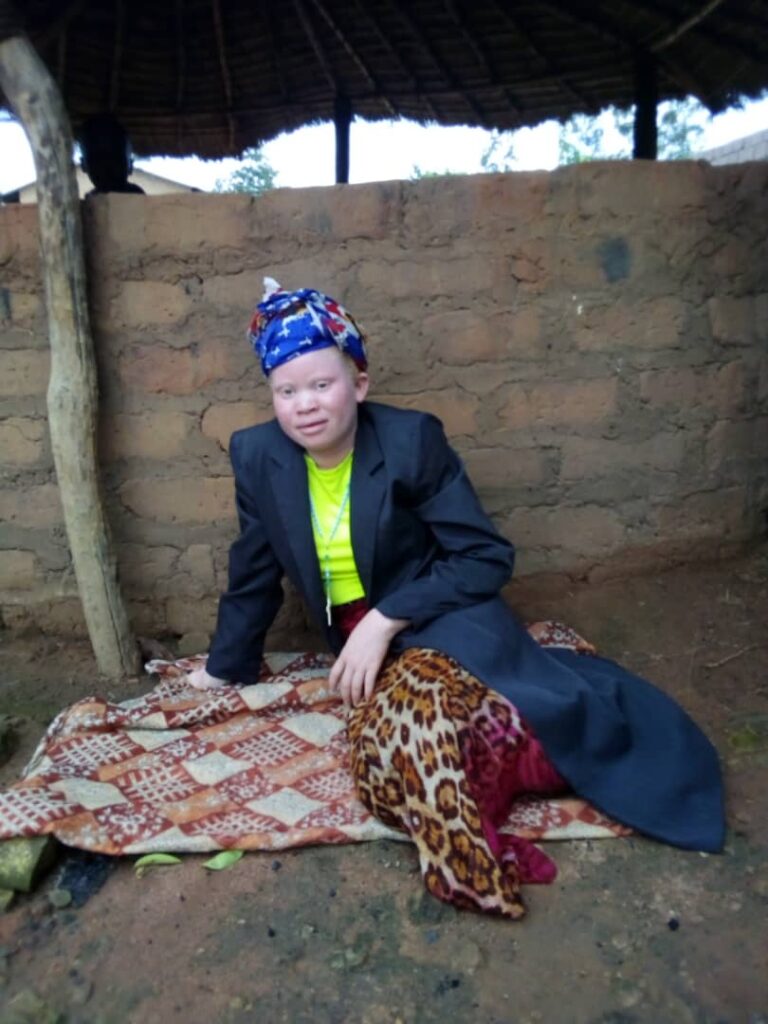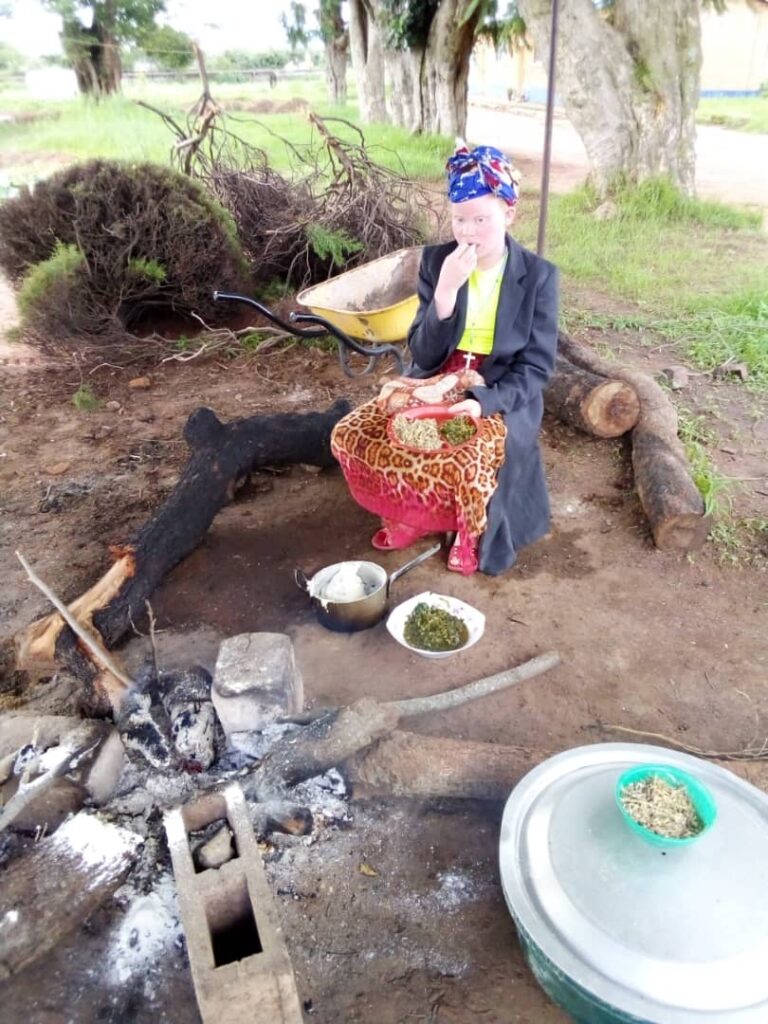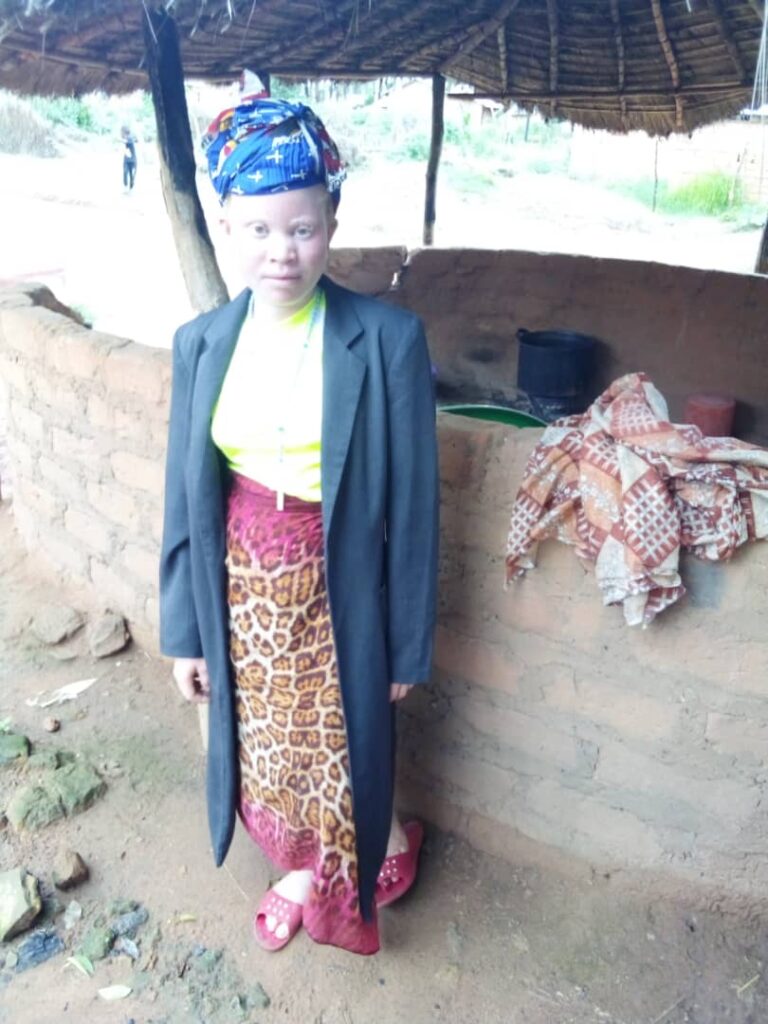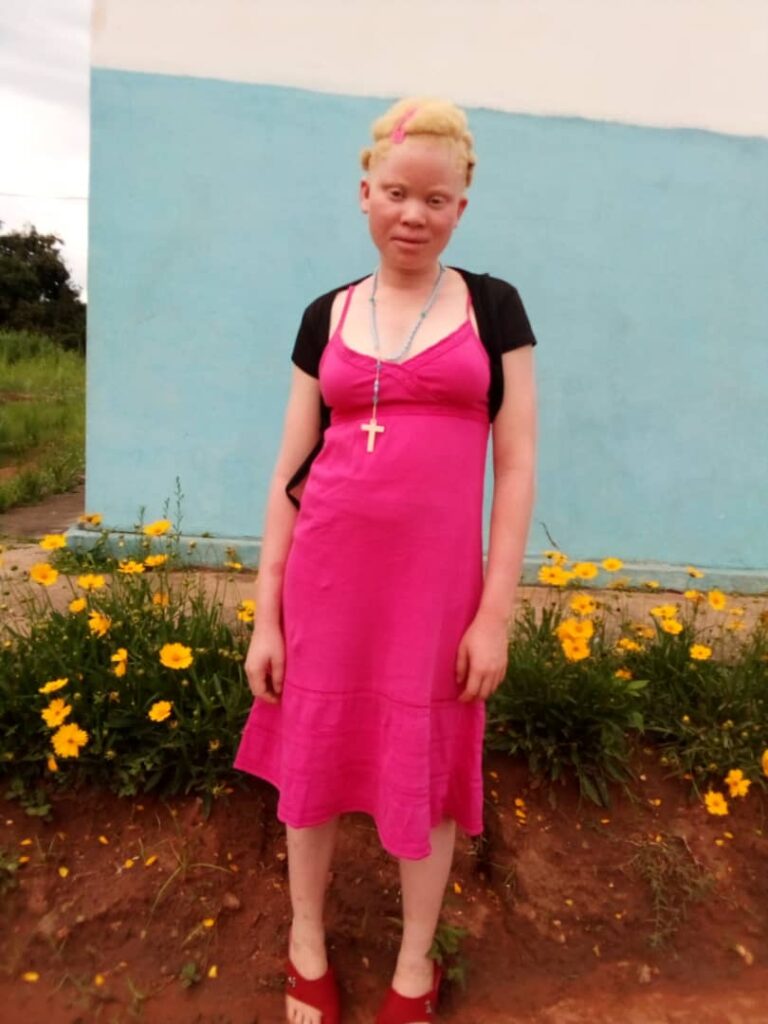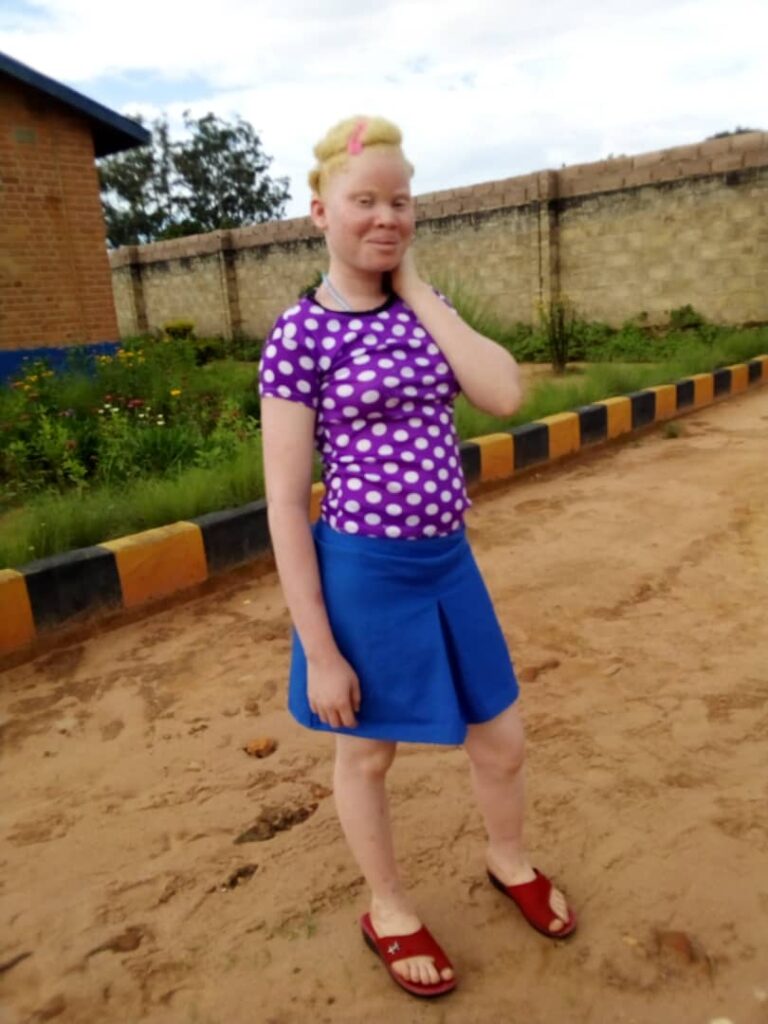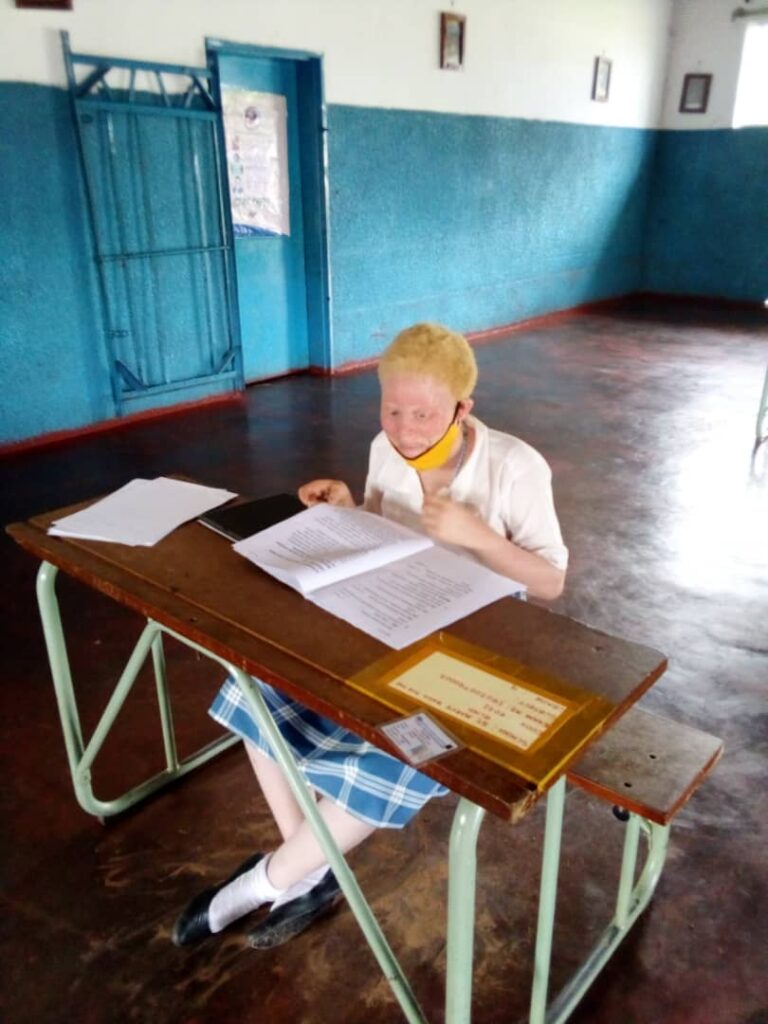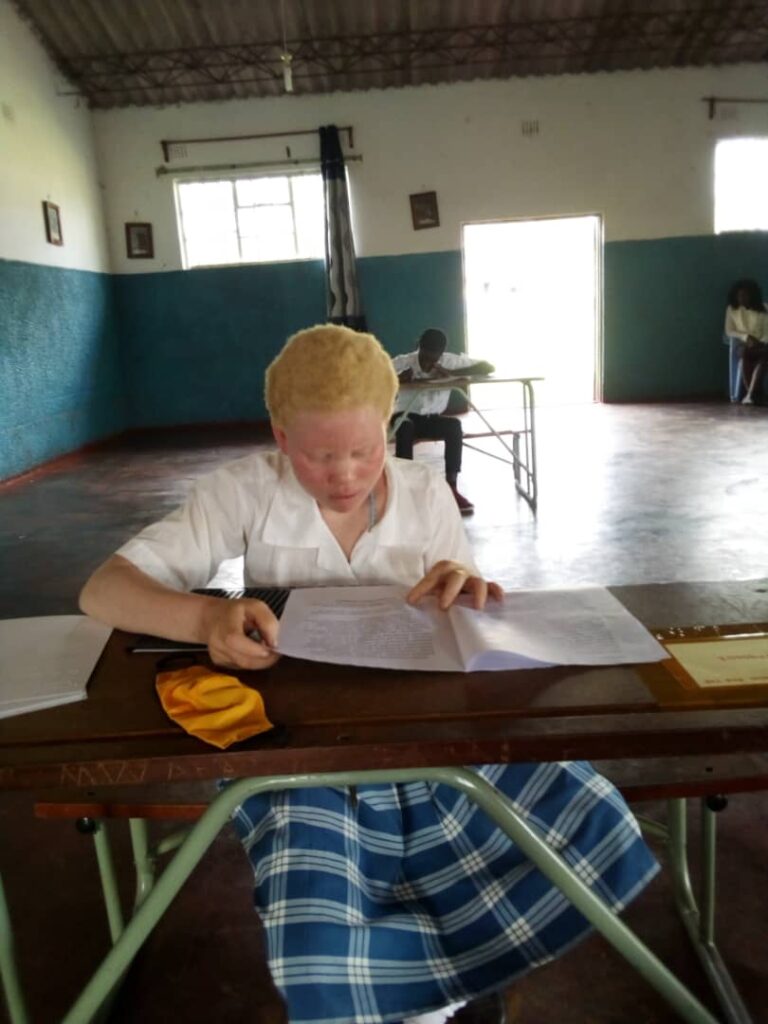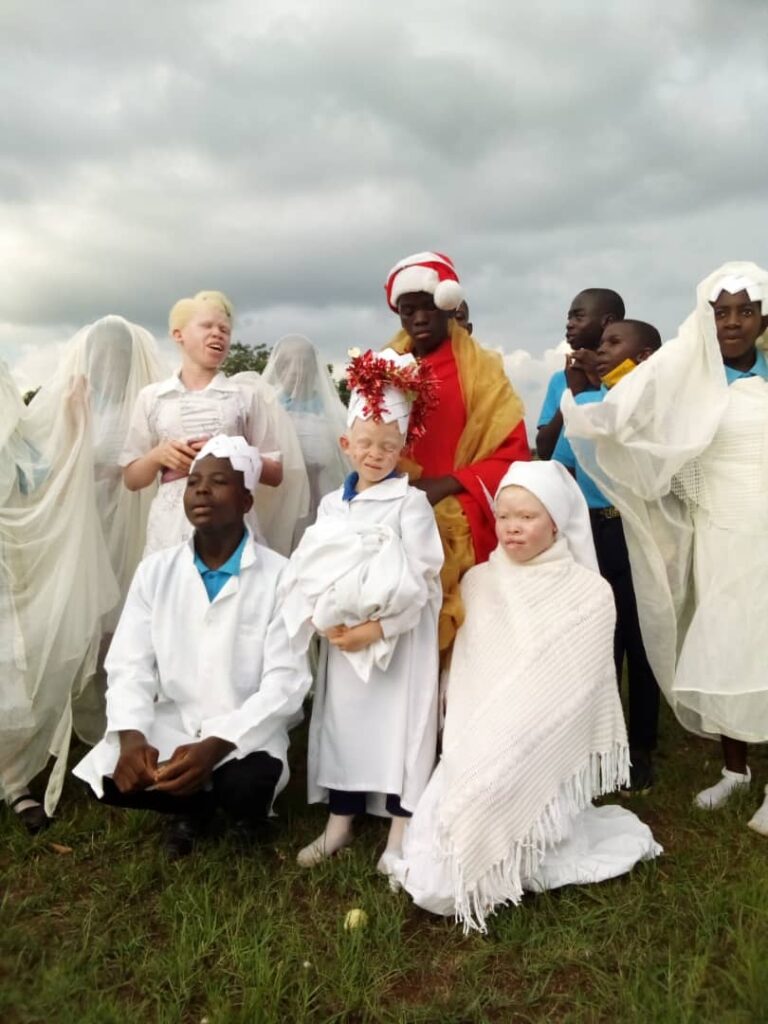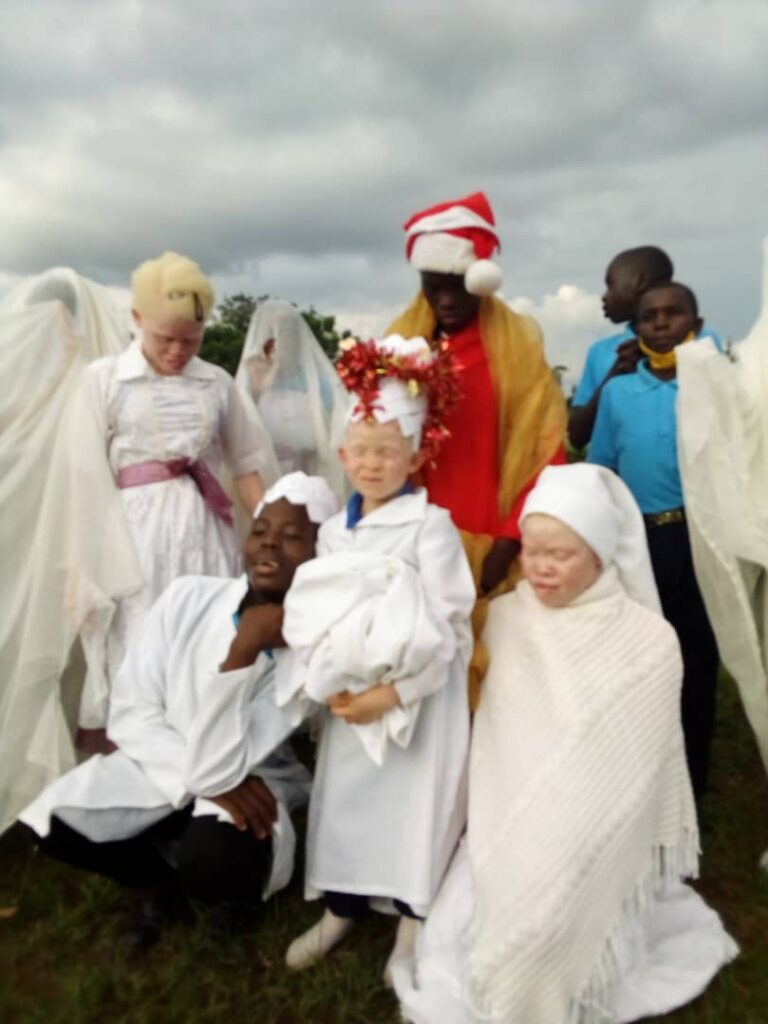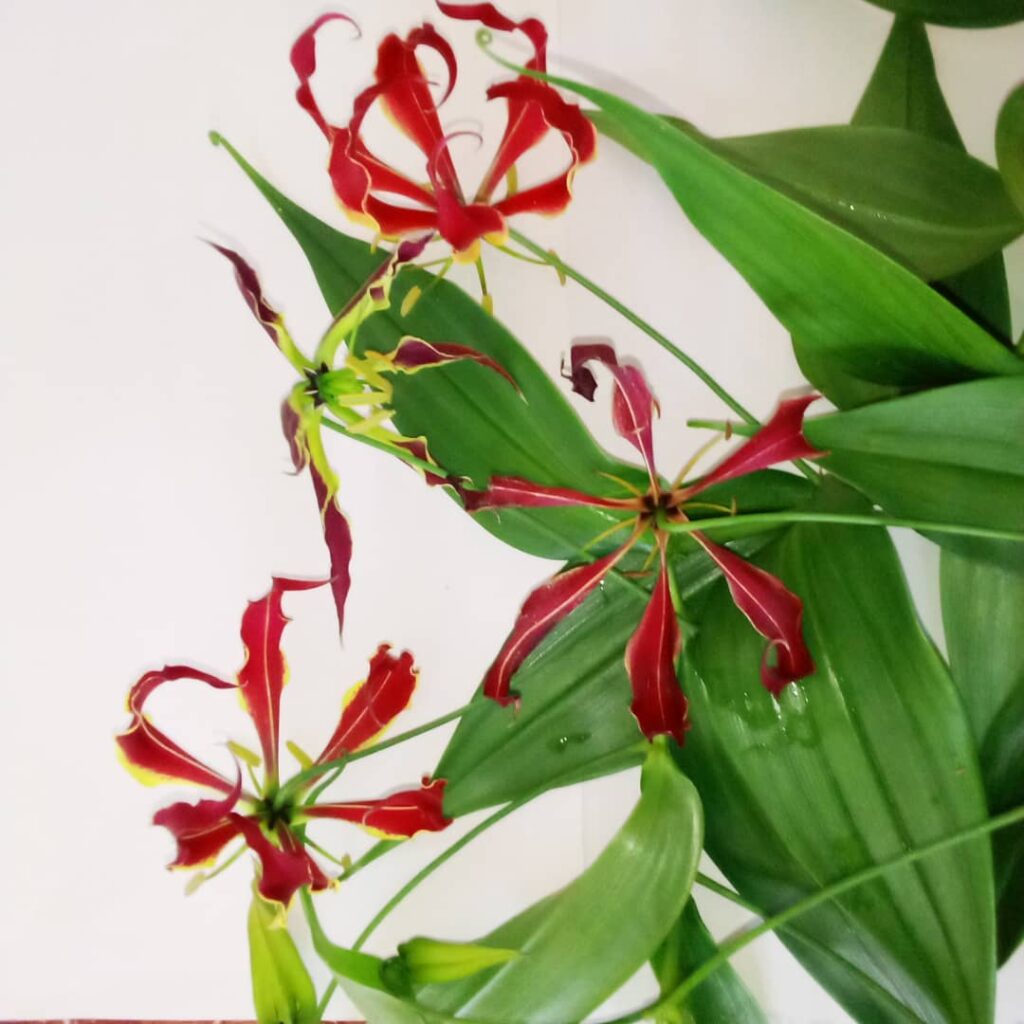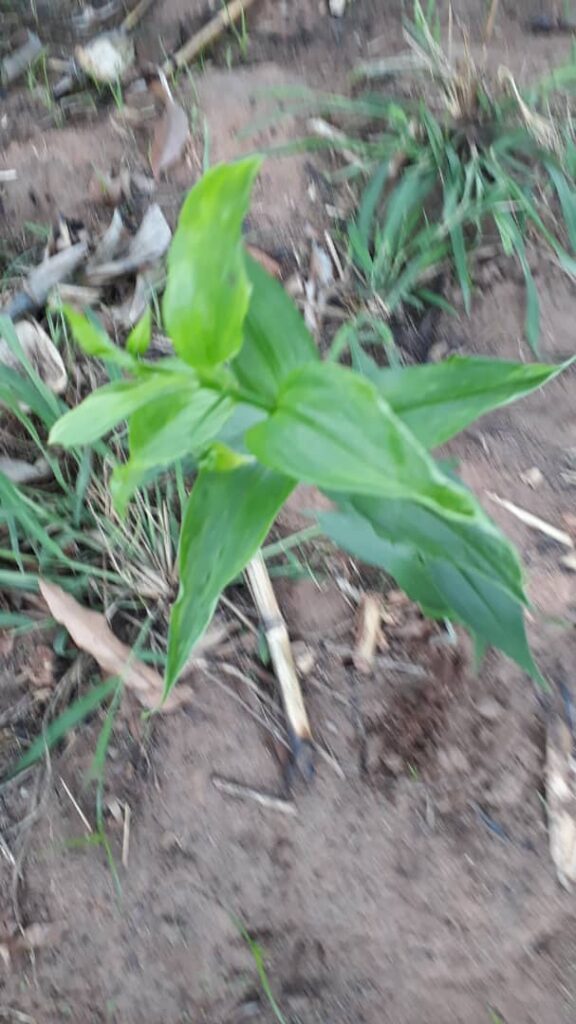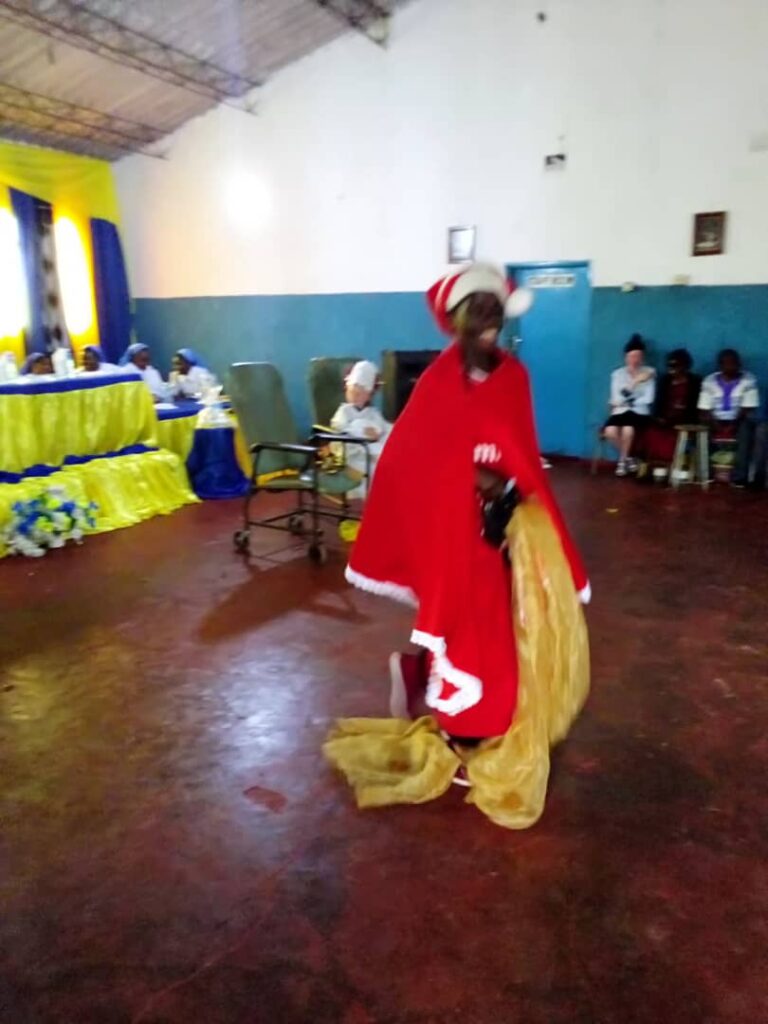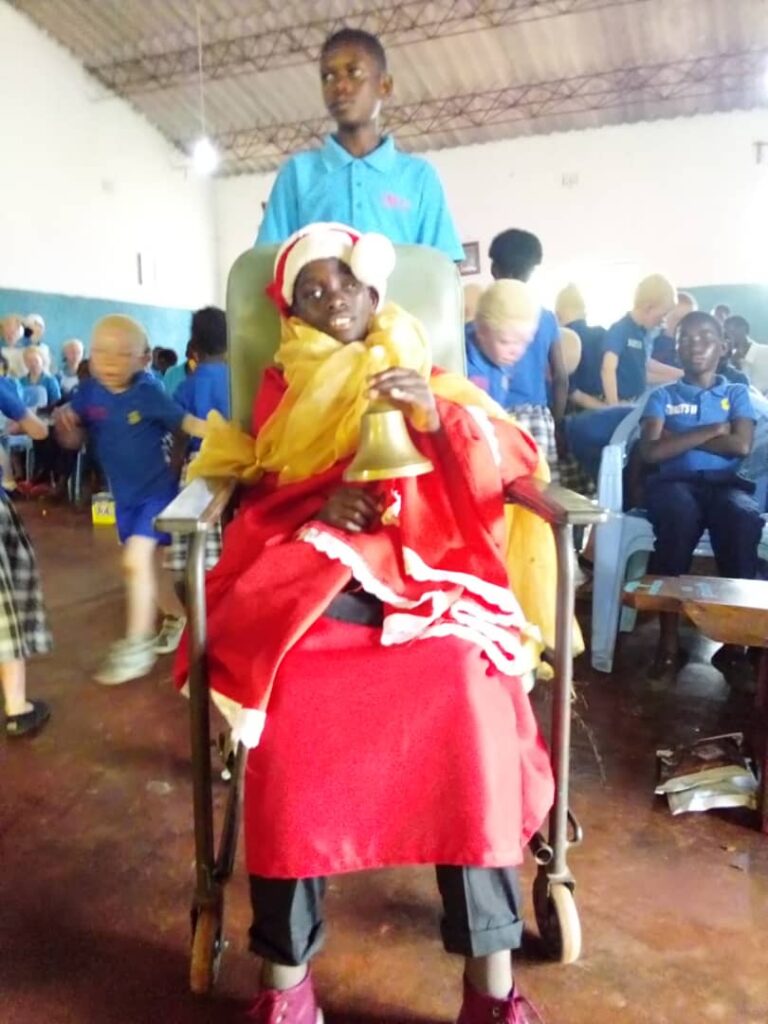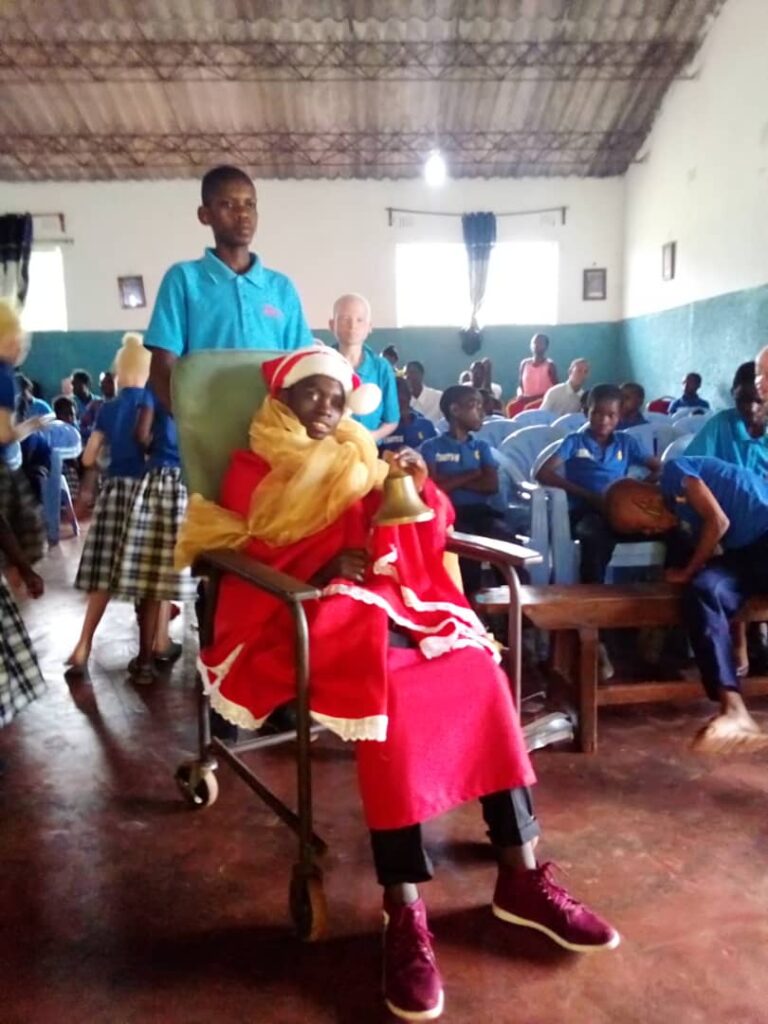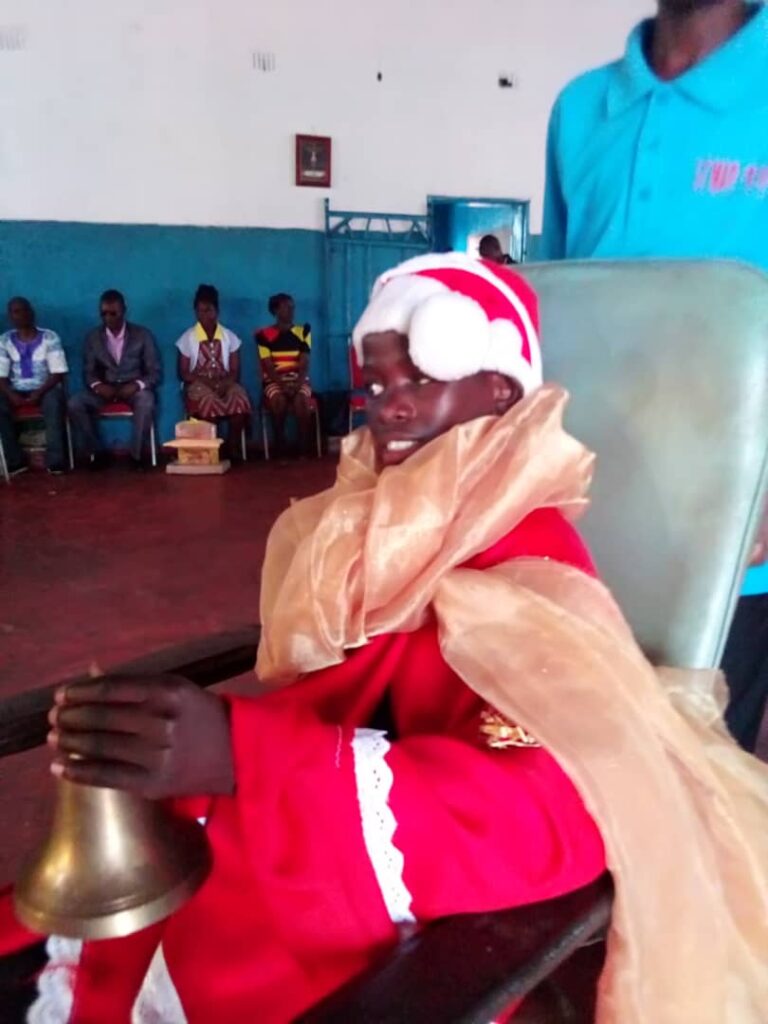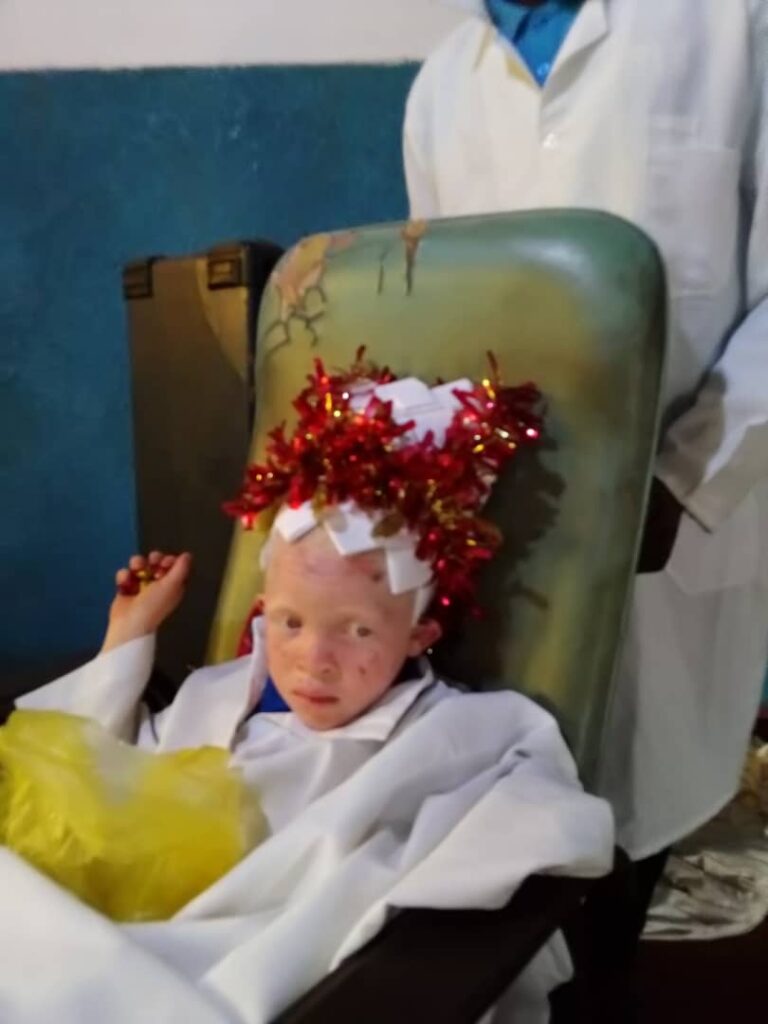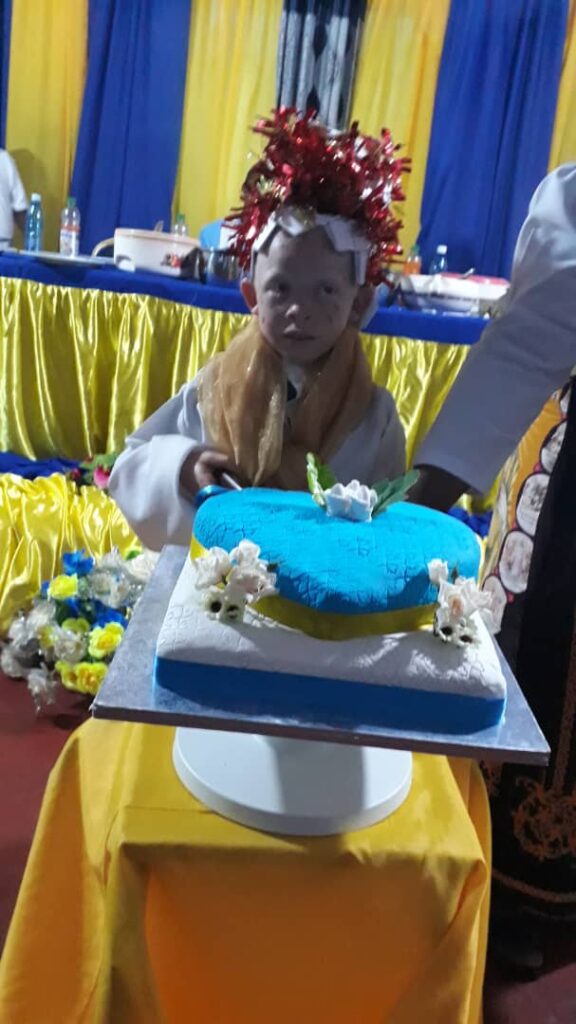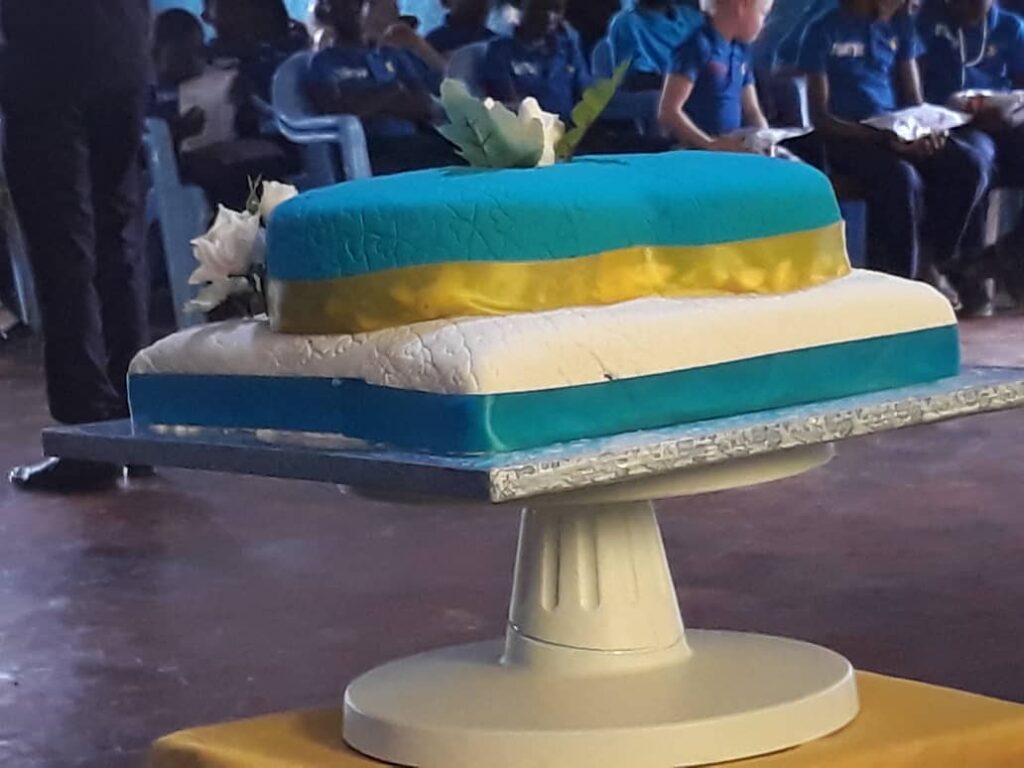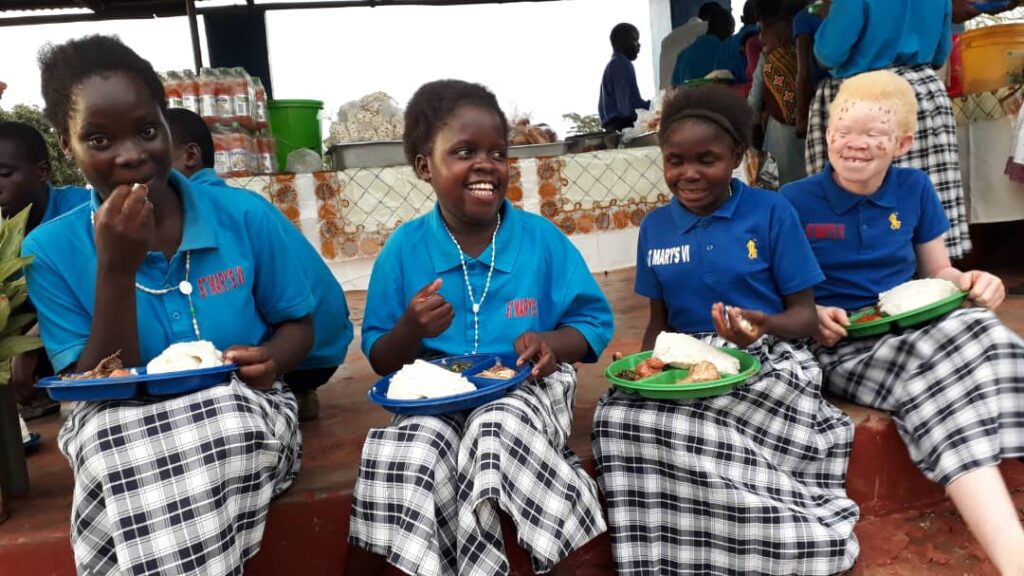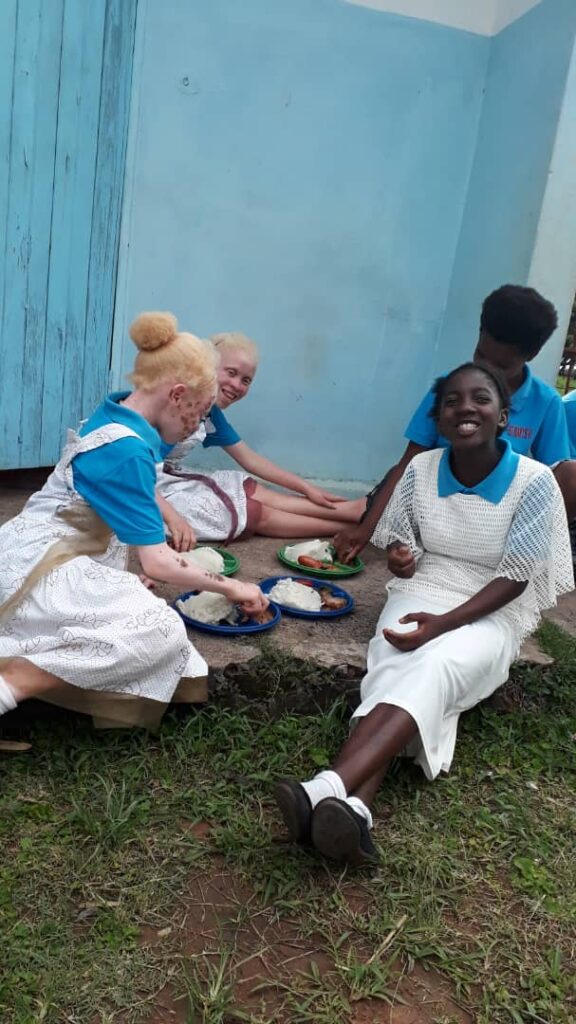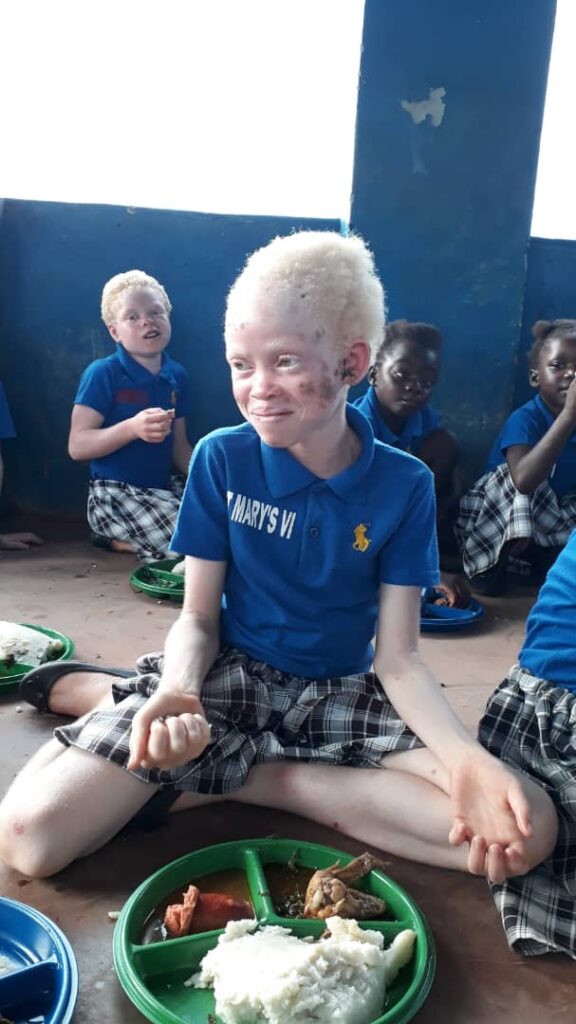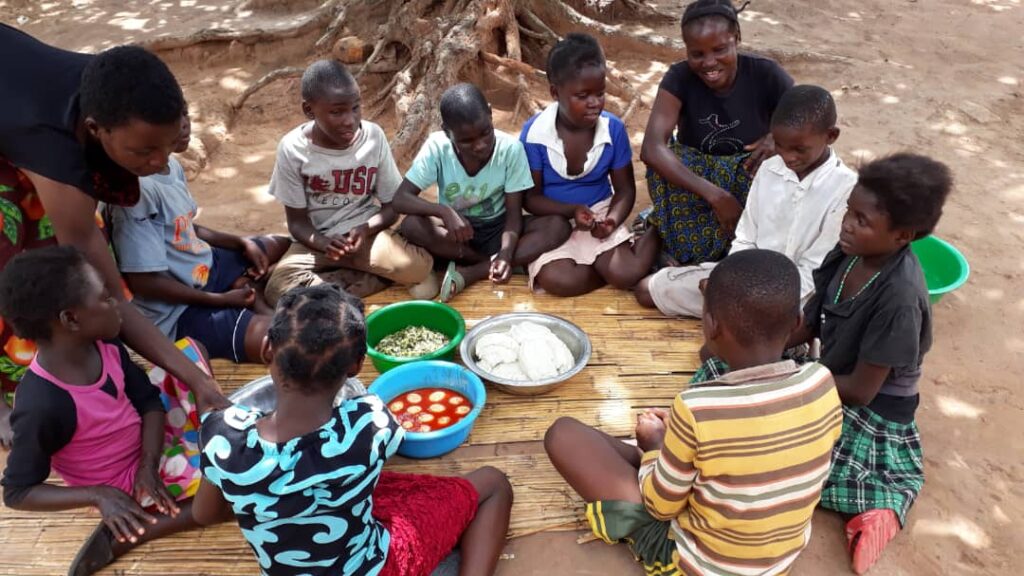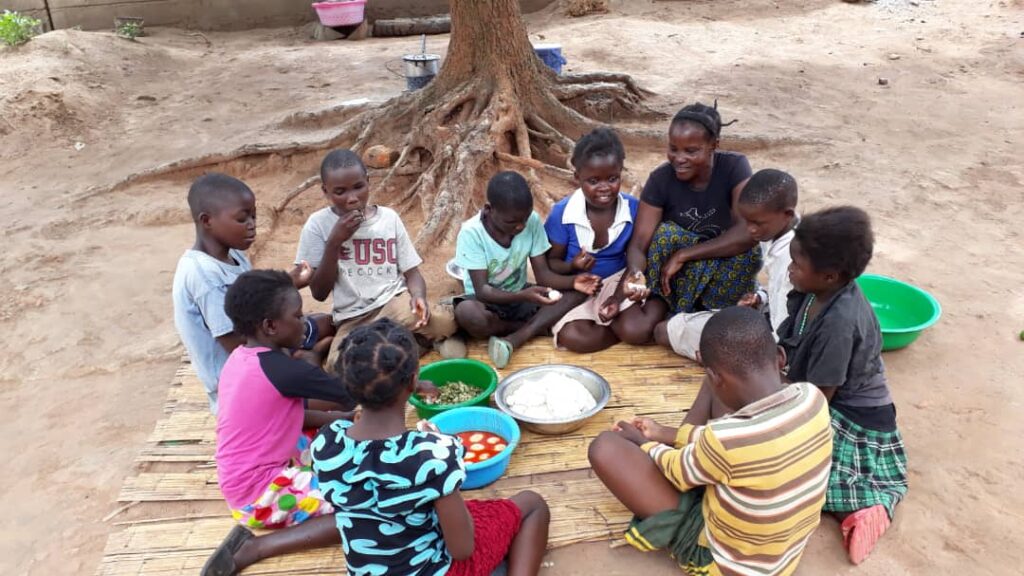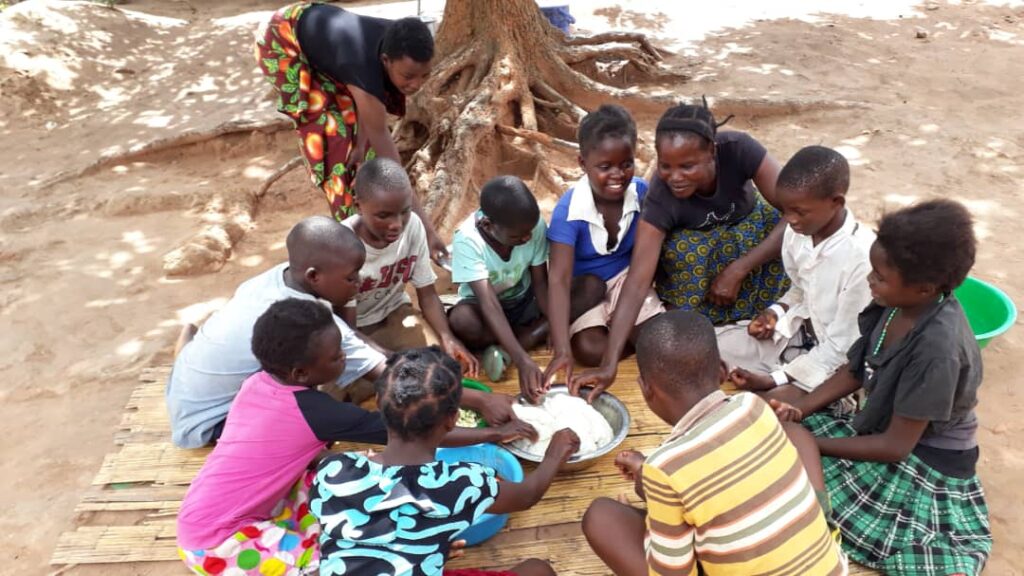By Wyclef Kaunda, July 2021
Our struggle was real before the coming of the newly acquired bus transport. The school used to hire local transporters to drive pupils to school and back to their home villages. Many were the times when the school was disappointed by the local transporters who were not coming for the assigned task. I remember one time when I was a pupil at St. Mary’s Special School, we closed school and it was the time to be taken to our various destinations. As pupils we got up early around 4 AM to wait for the bus to transport us. We waited and waited until 9 AM that’s when the bus came to pick us up. It was really a frustrating experience for pupils who are so excited to go to our homes, only to be delayed by the transporter. Many are the times the local transport hired would breakdown along the way before reaching the destination. It was always a worry for the school authorities to make sure that learners reached their destination safely and on time.
As time went by and after long pleading with the government of the Republic of Zambia to help the school with the transport system, Chalice (an aid organization based in Bedford, Nova Scotia, Canada) stepped in and helped the school with the purchase of a small minibus which came as a relief to the school. Transportation remained a challenge despite the coming in of the small minibus because the seating capacity was limited to 15 pupils. This made it necessary to make multiple trips when picking up students at their homes and on the trip back to school. The gravel roads in areas where the pupils come from, are not standard and the small minibus would fail to reach those areas because of its low undercarriage. Sr Bwalya continued to petition Chalice to help the school solve our transportation problems. In May 2021 Chalice and their partners Inverness County Cares, answered her plea and helped the school by purchasing the new Mitsubishi Rosa bus with 28 seater capacity. This larger load size enabled more children to be transported per trip reducing the number of trips needed.
I was the first person to behold the newly purchased bus and what my eyes saw was magical. I thought I was dreaming! I tried to pinch myself to see if I was dreaming, but nah it was reality or I can say is that it was a dream come true. I was more than happy and I captured the pictures and sent them to Sr. Bwalya telling her how delighted I was. I reached the bus and inquired on how it all come to pass that the school had a stable and reliable transport. They told me Chalice and Inverness County Cares had provided the bus.
When our Bishop, entered the school grounds driving the new bus, the entire school community come to a standstill unable to believe our good fortune. There were many screams of joy as the pupils jumped up and down in gladness and some ended up crying tears of joy. This moment was of great jubilation and appreciation by both the members of staff, the pupil’s populace and the community at large. The Bishop sounded the horn all the way, as he drove the bus into our school compound. He was met by cheers, songs, tears and lively festive dancing. Pupils were taken on a celebratory first drive on the bus and were driven around the town waving excitedly with beaming smiles. Our whole community celebrated with enthusiastic singing and dancing to express our joy and happiness.
We would like to extend our sincere gratitude to Chalice and Inverness County Cares for the help given to the school. Surely God as seen your works and will continue blessing you for helping the most vulnerable in societies. The delivery of the new school bus has helped the school in many ways. Just recently the government of the republic of Zambia closed schools due to the increase of Covid-19. It came at the end of our term and pupils were transported to their homes in style with the new bus, feeling like VIPs. Thanks very much to our supporters in Canada, we truly appreciate the amazing gift of the bus. Thank you also for all the help given to our school. God will continue blessing you and adding more years to your lives. Once again thank you.
Inverness County Cares always welcomes new members. Those who wish to donate, can use the donate button on our website http://invernesscountycares.com
When using E-transfer, please include your mailing address for CRA tax receipts and a thank you. E-transfer address: invernesscountycares@gmail.com
or send a cheque to Inverness County Cares Box 99, Judique, NS, Canada, B0E1P0. Taxation receipts provided for USA and Canada.
